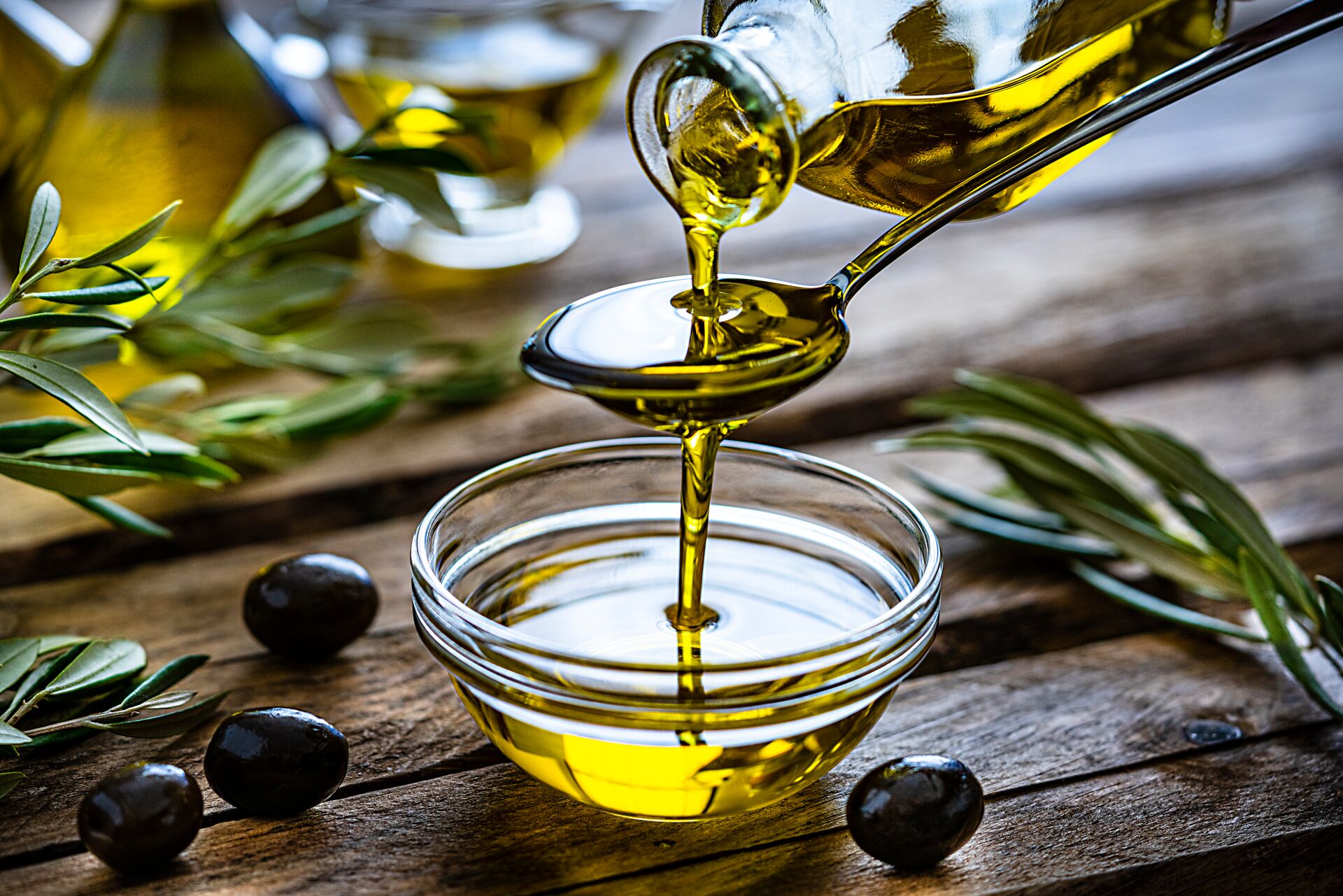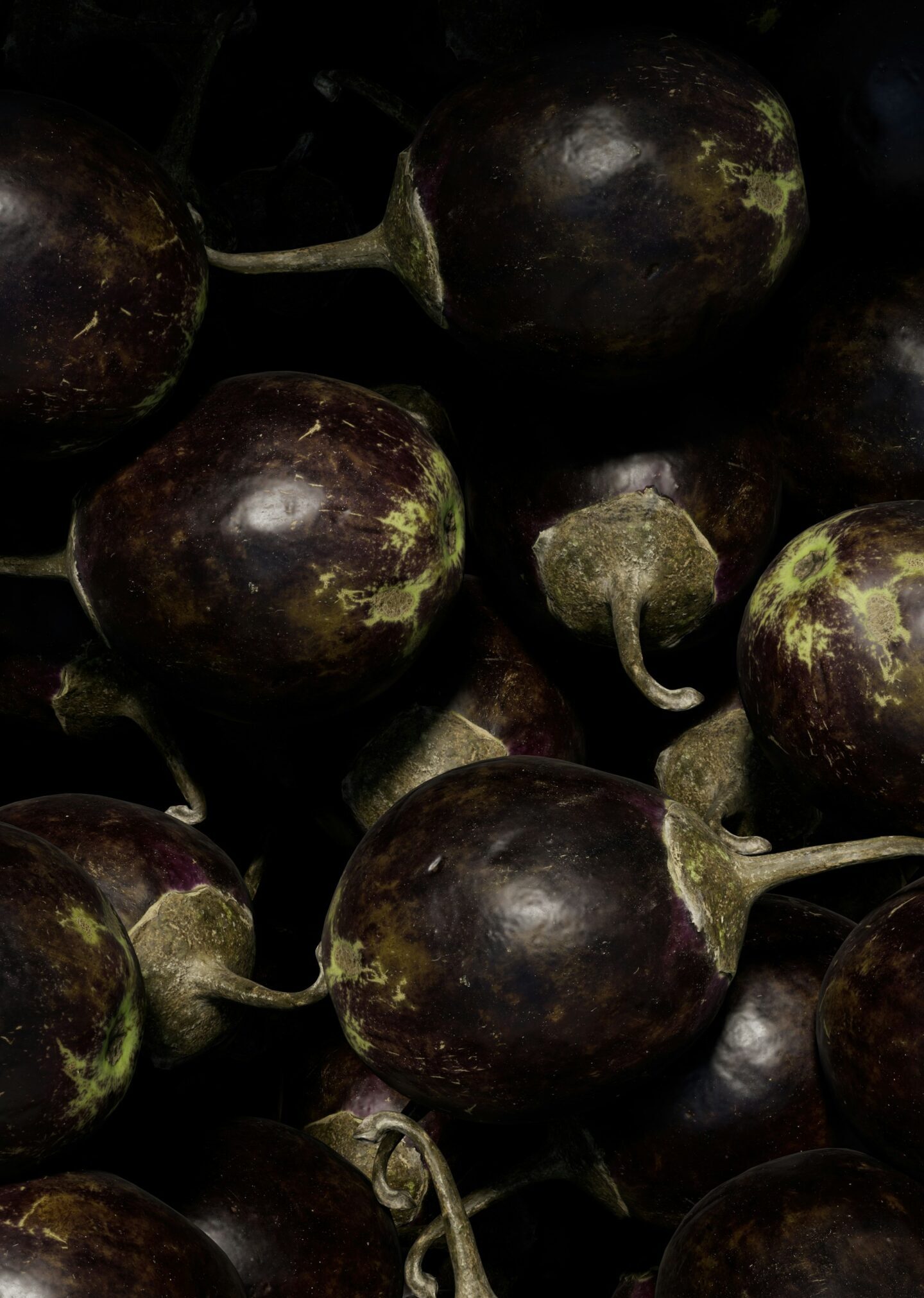The Insightful Guide to the History of Greek Cuisine
When it comes to gastronomy, few cuisines possess the historical and cultural depth of Greek cuisine. The history of Greek cuisine unveils a myriad of flavors, textures and traditions that have withstood the test of centuries.
From the finest olive oil drizzled on Greek pita bread to mouthwatering moussaka, Greek cuisine is not just about sustenance; it’s a feast for the senses, a passage through time. We take a look at this most historical of culinary journeys.

From the mouth of Chef Farije Plumb
Travel with us on Grecian Fables, a 15-day tour of the Greek Islands and Turkey, and you’ll meet Chef Farije. She shares her passion for local ingredients and high-quality products as she teaches you how to make tzatziki and other regional dishes. She told us what is so special about Greek food and her favorite recipe.
“Being a Chef is a job that it gives the opportunity to share your love of food and provide people with memories of the taste of wonderful Greek dishes, she says. “I never stop learning new things and improving. The unique thing in our cuisine is of course the fresh ingredients that you can find all over the country – they are the key to excellent and healthy food with many flavors.
Olive oil, Feta cheese, Greek yogurt and all the seasonal vegetable and fruits from our land (tomatoes, eggplants, zucchini, Greek olives etc) are the staple ingredients.
“In our country food and especially good food is a way for the people to come closer, communicate, share good moments and create nice memories with friends. My favorite recipe to share with my guests is the cheese pie with handmade phyllo dough. It’s like artwork and is one of the most traditional and old techniques in the history of Greek cuisine.”
So, with so much to feast on, how does the history of Greek cuisine play out?
Discover this on: Grecian Fables and Glories of Greece

Each Greek person consumes an average of 26 liters of olive oil a year
Ancient Greece: A feast of olive oil and wine for the gods
Our culinary history journey commences in ancient Greece, where food was not merely sustenance but a sacred offering to the gods. The Greeks held a profound belief that the preparation and consumption of food played a vital role in cultivating a connection between mortals and the divine.
Olive Oil
Olive oil, a cornerstone of Greek cuisine, was revered not only for its nutritional value but also for its symbolic significance. The olive tree, considered a gift from the goddess Athena, became a symbol of peace, wisdom and prosperity. Its golden oil found its way into nearly every aspect of Greek cooking, from drizzling over vegetables to dressing meats.
it is difficult to pinpoint an exact moment or civilization that first stumbled upon Olive oil – its use predates recorded history. It’s known however that the Minoans on the island of Crete and the Mycenaeans on the Greek mainland cultivated olive trees for oil as far back as 3500 BCE.
Wine
Wine also flowed freely at conventions and celebrations, becoming an integral part of communal gatherings. In classical Greek culture, wine was the staple around which philosophy, art, poetry, religion, music and political life revolved.
The first civilization to truly glorify wine was Ancient Greece. Hellenic people, especially those from the Aegean Islands of Crete, Rhodes, and Lesvos, were the first to establish a large-scale production and distribution of wine. With their sophisticated approach to wine, they laid the groundwork for the viticulture practices that continue to flourish in the region to this day.
Bask in the splendors of the ancient world on: Greece Undiscovered
You might also be interested to learn: Food tourism is taking over the world. Get a bite of the action.
Byzantine influences: intricate sauces and aromatic spices
The Byzantine Empire, which existed from approximately 395 CE – when the Roman Empire was split—to 1453, left an indelible mark on the history of Greek cuisine. The blending of Eastern and Western influences brought cuisine rich in spices, herbs and exotic flavors. The Byzantines’ love affair with intricate sauces, aromatic spices and diverse cooking methods added a layer of complexity to the dishes.
Byzantine trading with foreigners brought in grains, sugar, livestock, fruits, vegetables and spices that would otherwise be limited to specific geographical climates. This led to the introduction to the menu of foods such as rice, eggplant and cinnamon and also utilized cooking techniques such as frying and baking. Apokti (salted and dried meat) and apaki (a vinegar–cured and smoked pork meat) are two Byzantine innovations.
Bread also held a very important part in the Byzantine diet. Often eaten with olives and cheese as a main dish, it was also served as a side dish with nearly every meal.
Bookmark for later: Farm to table, and beyond: how dining with Insight Vacations does a world of good
Save up to $3,000* per couple on your first Premium Tour
Plus receive latest offers, travel inspiration, and discover how your travels will make a positive impact. Together, WE MAKE TRAVEL MATTER®. Subscribe NowOttoman occupation: eggplant, yoghurt and stuffed vegetables
The Ottoman Empire’s occupation of Greece from the 15th to the 19th century brought about a culinary fusion that forever altered the Greek gastronomic landscape. The Ottomans introduced ingredients such as yogurt, lamb and an array of spices, transforming traditional Greek dishes.
One standout example of this fusion in the history of Greek cuisine is the famous moussaka. A layered casserole of eggplant, minced meat and béchamel sauce it was originally inspired by the Middle Eastern dish musakhkhan.
Ottoman dishes used spices such as cinnamon, cumin and cloves, as well as eggplant, yogurt, and various types of phyllo dough pastries. Techniques such as stuffing vegetables and slow-cooking meats are today seen in popular Greek dishes such as dolmades (stuffed grape leaves), giouvetsi and various yogurt-based sauces and dips.
You may be interested to read: My 2024 Travel Resolutions, by Sustainability Expert Shannon Guihan
Taste the different dishes of the islands on: Greek Island Hopper

The modern Greek menu: a culinary renaissance
Fast forward to the modern era, and Greek cuisine has undergone a renaissance, captivating the palates of both locals and travelers. With an emphasis on fresh, locally sourced ingredients, contemporary Greek chefs embrace innovation whilst still paying homage to their culinary heritage.
To this day Greek food is based on Mediterranean diet’s holy trinity: olive oil, wine and grains. The Mediterranean diet has garnered international acclaim for its health benefits and, as custodians of this culinary treasure, the Greeks take pride in their commitment to wholesome and delicious fare. Humble and often overlooked, local ingredients like fava, lentils, horta and carob, now shine in gourmet dishes.
What is put on the table around the country, depends on what it’s available in every geographical region. From the island of Crete, where aromatic herbs and honey infuse dishes with robust flavors, to the northern regions, where hearty stews and meats take center stage, every corner of Greece boasts a unique culinary identity.
Whether you find yourself savoring a dolma and Greek pita bread beneath the Acropolis or indulging in a glass of Assyrtiko wine on the shores of Santorini, remember that each bite and sip is to taste the history of Greek cuisine, and celebrate of a culinary heritage that spans millennia.
If you’re feeling inspired to taste the very best Greek cuisine for yourself, take a look at our premium tours to Greece.
LIKED THIS POST? SHARE WITH YOUR COMMUNITY



